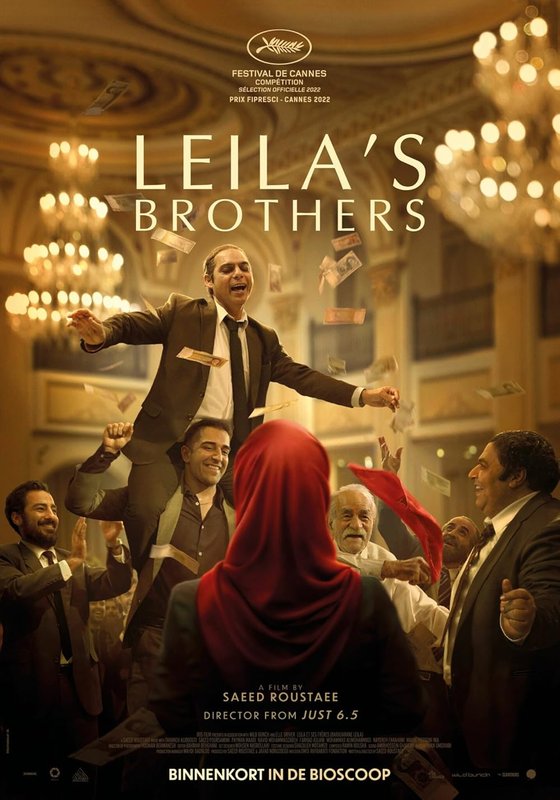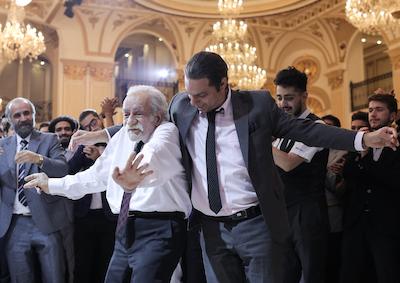
Persona, 1966
Actress Elisabet (Liv Ullmann) has a mental breakdown during a performance and is admitted to a hospital. She is soon relocated to a seaside home where she is looked after by nurse Alma (Bibi Andersson). But the more time the two women spend together---Elisabet all but mute and Alma slowly sharing her own past---the more the line between them becomes blurred.
An engrossing film that, for me, is a shining example of a film that makes emotional sense even as the literal aspects are ambiguous and deliberately obscured.
I haven’t seen this movie since I was a teenager and, yeah, it hits really differently in middle age. I honestly can’t remember much about my specific reaction to this one when I first watched it, only that at the time the meta-acknowledgement of it being a film and explicitly calling out the dynamics of watching and being watched was thrilling.
Well, it’s still pretty thrilling. There’s something you absolutely have to praise about a film that starts by smacking you in the face and saying “THIS IS A MOVIE!” only to completely pull you into the story it contains. And there’s something likewise very cheeky about literally laying one of your central themes out on a slab in the opening minutes, only to slowly draw you into the notion of puzzling it all out.
The lead performances from Andersson and Ullmann are forceful and complimentary. They feed off of each other’s energy in a way that excellently mirrors the loaded give and take of the characters they are playing. So much can be said in a look, and for Ullmann in particular, this film is largely made up of meaningful glances, sidelong looks, or challenging stares.
Obviously a central theme of the film is about motherhood, and the way that motherhood (or the lack thereof) has had a serious emotional impact on both of the women. Obviously saying something like “Sometimes women have complicated feelings about motherhood!” isn’t exactly groundbreaking, but I feel as if the discussion about motherhood and pregnancy are the surface presentation of a deeper aspect of the dynamic between the two.
This time around I saw more of a contrast in terms of where the women are in life and how their decisions affected them. Further, I saw it as an example of how there isn’t a correct path to take. One might become a mother and regret it. One might never have children and regret it. There is no way of knowing if you’ve made the best choice, and in both women we see a kind of anger about what the other woman has. As the two women begin to merge, psychologically, with one another, it’s as if the having and the not having are coexisting.
Obviously the film is full of stunning compositions, making the most of the faces of the lead actresses. It’s gorgeous to look at, and the fourth-wall breaking moments are few and far between enough so as not to feel intrusive or cliche.
I did, this time around, have one “who wrote this?” moment, which is when one of the characters tells a story about a tryst on a beach in which she has, like, a billion orgasms and . . . sure. I kind of had to laugh. I know many women with very adventurous and robust sex lives, and this part of the story rang false to me. In a film trying to get into deep feelings these women have about their lives and their experiences, this section felt very “Dear Penthouse”. Whatever. I’m content to be happy for her with her billion orgasm beach orgy and move on. Unrelated, this movie does contain what looks to be an unsimulated killing of an animal, never a plus for me.
Good stuff!
The vivid description of the underage beach orgy is definitely the weakest part of the film. It feels like it was added simply to shock the audience.
Granted, you could say the same about filming the killing of the sheep, or the newsreel footage of the protest suicides, but they both have more artistic merit.
What makes the 'orgy description' lack merit is there was no point to the gross details. It wasn't artistic in any way, and it made the scene less realistic.




